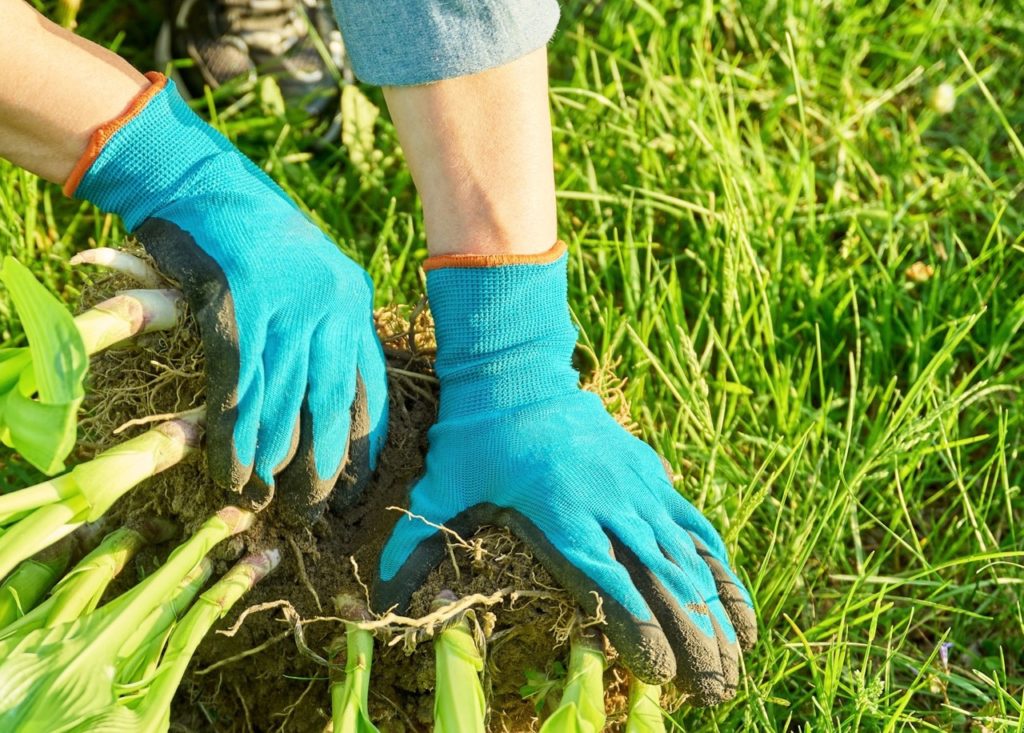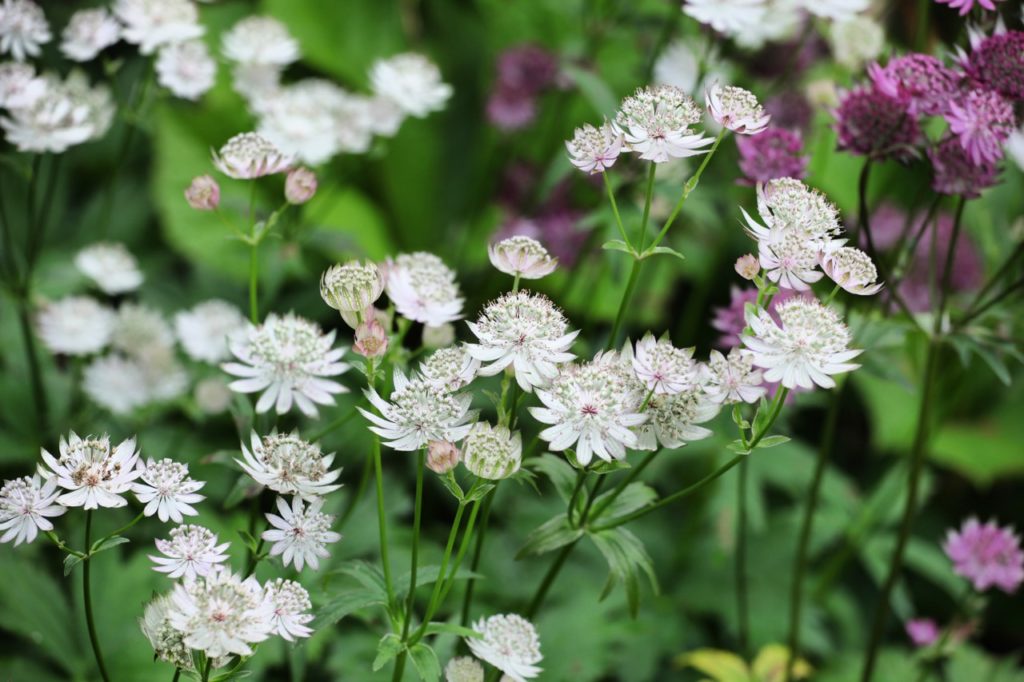PERENNIALS > ASTRANTIA > DIVISION
IN THIS scout
ASTRANTIA GUIDES

DivisionPruningSowing
Astrantia is a charming perennial which look great in many unlike garden schemes .
It complement a wide range of fellow and is large-minded of a broad compass of conditions , though it will absolutely thrive in moist and fertile soil in mottled shade .

Not Astrantia roots – but hopefully this helps to illustrate the process
Once you have Astrantia in your garden , you will no doubt find it an loose and square plant to grow and one that requires trivial care and care .
One business that is important is keep an eye on ripe plants , and , ordinarily after 3 - 4 years or so , involve steps to secure their ongoing health and animation by pinch and dividing your plant .
“ Astrantias are clump - forming , so if the chunk nonplus too large , you will have to dig it up and split it , ” say Caroline Samuel , from Letham Plants .

Dividing Astrantia will keep it healthy by help oneself to make certain it does not outgrow its present location .
“ Not all astrantias set workable seed and varieties such as ‘ Roma ’ are sterile , so the seed will never burgeon forth , ” Caroline adds .
“ unimaginative diversity need to be part to obtain more plants . ”

The procedure involved in lifting and dividing your Astrantia is mere :
1) Water Well Before Lifting
Making sure that the Astrantia has receive sufficient water before lifting will help to unblock the roots from the stain and will also thin the stress connect with the process .
If it has not rain down lately , you should water well a Clarence Day or so before guarantee the division .
2) Lift The Plant
Next , ease a spade or branch in under the be plant , taking care not to damage the survive antecedent system .
mildly countermand the flora up and out of the soil .
3) Shake Off Excess Soil
Shake the plant gently and remove any large clumps of soil so that you’re able to see the roots clearly .
Check the root to ensure that there are not any signs of damage or disease .
4) Divide Into Sections
Once you are quenched that there are not any yield with the roots , simply pull the industrial plant apart into discussion section .
Each section should have a healthy serving of roots and poll ontogeny .
ordinarily , Astrantia is fair easy to pull apart into air division by hand .

Not Astrantia roots – but hopefully this helps to illustrate the process
However , where buddy-buddy roots are tangled or difficult to divide , you could slice down through the root organization with a shrewd spade .
you could make a few newfangled plant to replant in your garden or a bit of smaller division which can be potted up and grow on before you institute them out in their final positioning .
5) Replant The Divisions
Whether you have prominent division to imbed out in the garden or are constitute littler divisions into pots to originate on , it is important to get the flora sections back into the soil or a suitable turn medium as before long as possible .
The faster and more streamlined the procedure , there ’s less hazard of the plants experiencing transplant shock .
“ The hempen roots of Astrantia dry out out promptly in the open air and I ’ve set up this impedes the division from grow aside rapidly , ” shares Roy Nicol , who has receive the Master of Horticulture status from the Royal Horticultural Society .

“ If plant can not be replant immediately , they can be put in a tub of water for an time of day or two .
“ This will ensure the tooth root are hydrous and will help the new plants to raise on . ”
As long as you take upkeep to select the right locating to grow your divisions , these new plants should build themselves relatively quickly .
Just ensure that you keep them well water , especially during drier periods over their first growing season .
As mentioned above , the process of division will also help keep mature Astrantia flora in your garden healthy and happy by preventing problems , such as powdery mildew that is associated with overcrowding , in your bed or borders .